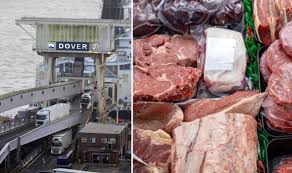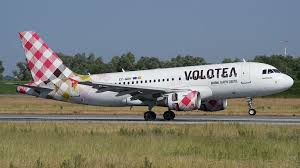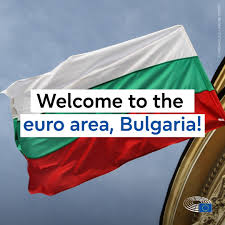Illegal meat on most UK high streets, says official

London: Efforts to keep potentially disease-ridden meat out of the UK are being undermined by post-Brexit border checks, a senior health official has said.
The boss of the Dover Port Health Authority said illegal meat, which has not been through proper health checks, was now available on “most high streets” in the UK.
European outbreaks of deadly animal diseases in recent months have left health authorities, Whitehall officials and many in the farming industry worried about the threat they pose to the UK.
But the government has insisted the checks work and it will never “waver in its duty to support the UK’s biosecurity”.
Under the post-Brexit system, checks on commercial vehicles do not take place at Dover itself.
Instead, drivers are ordered to travel 22 miles (35km) away to a border control post at Sevington.
But critics have warned that many lorries are simply failing to turn up for the checks, due to a lack of enforcement.
Parliament’s Environment Select Committee has now launched an inquiry into whether the system is working.
Lucy Manzano, head of the Dover Port Health Authority, told MPs on the committee that the Department for Environment, Food and Rural Affairs (Defra) had been overstating the effectiveness of the system.
She said: “Defra have continually stated that there are robust controls in place. There are not. They don’t exist.”
She added that the department had failed to provide “any confirmation of how food would be controlled at the point it arrives, or more importantly, between the point it arrives and the inspection facility that is accessed 22 miles across”.
Ms Manzano said she had presented evidence to the government “to demonstrate that the system brought in place to safeguard this country from a biosecurity point of view… is not working”.
Defra refused to answer a recent Freedom of Information request from the BBC’s Countryfile programme, asking how many vehicles were failing to turn up for checks at Sevington.
The department claimed that releasing data about Sevington could inadvertently aid criminals looking for weak points in the UK’s border controls.





